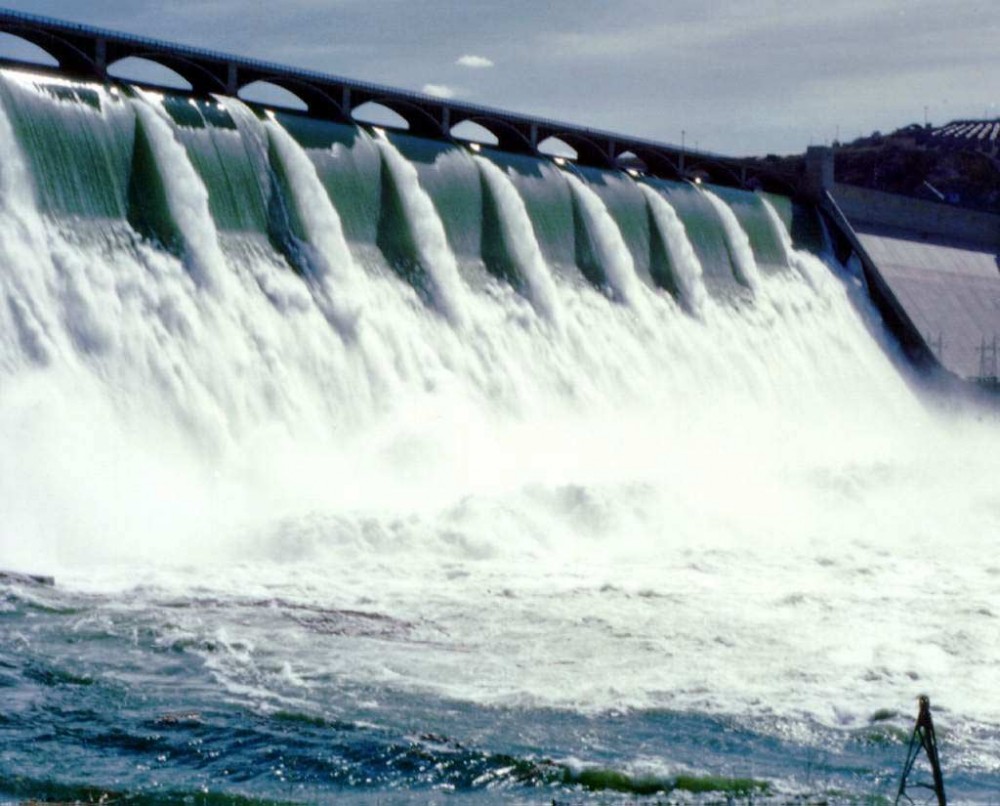Plans for the proposed Booué and Tséngué-Lélédi hydroelectric projects whose sites are located in the province of Ogooué Ivindo, central Gabon, are making considerable progress following the completion, examination, and validation of the projects Detailed Pre-Project Studies (PDA), Environmental and Social Impact (ESIA) studies as well as the Environmental and Social Management Plan (ESMP).
The examination and validation of the said studies were carried out in a video conference chaired by Honoré Sayi, the Congolese Minister of Energy and Hydraulics, on behalf of the Economic Community of Central African States (ECCAS).
Undertaken by the ISL Ingénierie, National Engineering Services Pakistan (Nespak), World Organisation for Animal Health, formerly the Office International des Epizooties (OIE), Gibb, and Oréade-Brèche consortium since March 2019, the studies also concern power transmission lines and aspects related to the maintenance and sustainable management of the works to be carried out.
Funded by the African Development Bank (AfDB), these studies were initially scheduled for delivery in February 2020 but the restrictions born by the Covid 19 pandemic probably impacted the schedule.
Significance of the projects
According to the ECCAS, the proposed Booué and Tsengué-Lélédi hydropower plants aim to ensure increased availability of electricity through cross-border electrification for the benefit of the four countries involved i.e. Cameroon, Congo, Gabon, and Equatorial Guinea.
Also Read: Kinguélé Aval hydroelectric power plant project attains financial closure
“These projects,” notes the ECCAS, “are the regional flagship of the Central African region and they will not only strengthen regional cooperation and integration but also build an important link in the infrastructure of the interconnected electricity network in the region.”
The Commissioner for Territorial Planning and Infrastructures of the ECCAS, says that approximately 60% of the hydroelectric potential of the African continent is held by the ECCAS region but unfortunately, more than 60% of the ECCAS region population does not have access to electricity.
100

Leave a Reply